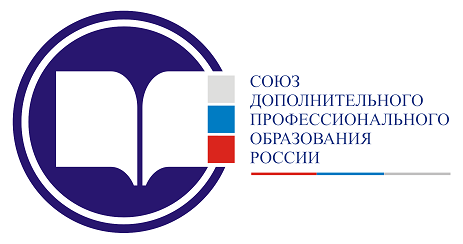International studies of the VET Union
For several years, the Pastukhov Academy has worked in joint projects with foreign partners (from Sweden, Austria, the Netherlands, Italy, Turkey, Malta, Greece, Cyprus) who share the idea of creating quality assurance models, both at the level of additional professional programs and at the level of organizations in the sphere of higher and additional vocational education.
A large number of studies have confirmed the relevance of the CQAF Model, which focuses on the quality management of vocational educational programs and organizations implementing these programs on the satisfaction criteria of stakeholders. Moreover, representatives of different countries gave a high appraisal of the applicability of this Model, no matter how great the degree of regulation of the sphere of vocational education and training by the state. Sweden, where the system of vocational education and training is fully regulated by the labor market, and Turkey, where the state has strict regulation of the education system, equally expressed their interest in applying this model for the purposes of quality Assessment and Recognition.
The studies carried out by us within the framework of the project «From EQAVET to NQAVET» (Pathway from EQAVET to NQAVET), implemented by the European Commission for Education, confirmed that the harmonization of the quality recognition systems of vocational education and training is relevant and possible. In this regard project partners decided to establish an international Quality Recognition System of vocational education and training, and subsequently Higher education. Currently ERASMUS, under the auspices of the European Commission, is launches the project «The expansion of the EU-approaches to providing the partner-countries higher education quality assurance Expanding Quality Assurance», aimed at expanding the application of European approaches to quality assurance in higher education in partner countries.
ESEDA members and representatives of foreign employers supported the development of the VET Union and expressed their intention to apply them in their countries, recommending for greater degree of universality of the system of professional public accreditation — using the
learning credits and loans.





